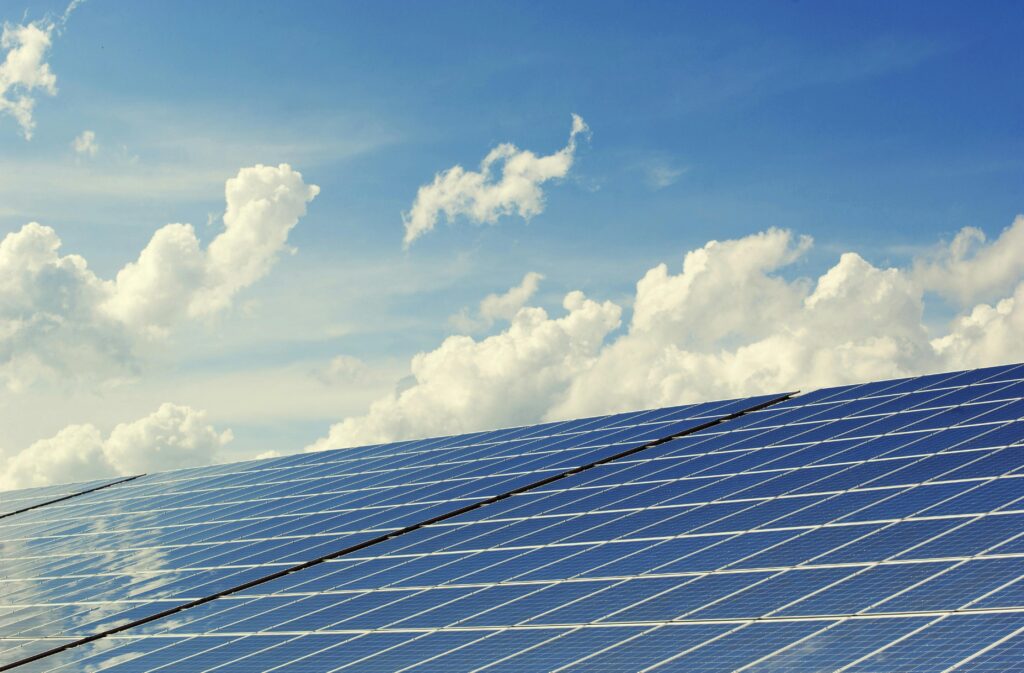News
How solar energy is fundamental to empowering resilience and sustainability within the farming community
20 June 2024

While the rhetoric of sustainability from policymakers can sometimes feel like white noise, there is cause for some optimism as support has been promised from the highest echelons of government for the agricultural sector, with a welcome focus on energy security.
We urgently need a diverse sustainable energy mix that prioritises the transformative potential of solar development. This is essential for addressing the challenges of alleviating fuel poverty, fighting the climate change crisis and the transition to decarbonisation and Net Zero
Initiatives geared towards boosting productivity and resilience within farming are paramount, and I sincerely hope the proposed support Rishi Sunak has pledged transcends lip service, especially in the light of an upcoming general election. Elsewhere, urgent action is needed before the predicted energy supply crisis becomes a reality in the next Parliamentary term.
While funds will be apportioned to cost-efficient energy measures such as rooftop solar, to fully realise the Net Zero ambitions, we must rethink our approach to land use. Acknowledging that land serves multiple purposes beyond food production is crucial; we can do more than cultivate barley for alcohol production! Recognising the potential for environmental conservation, recreation, and energy production is vital for sustainable development and a healthy farming sector.
Encouraging energy generation in rural areas would be a monumental milestone for UK agriculture. Beyond direct benefits to farmers, it marks a significant stride towards realising a more resilient and sustainable farming landscape, provided it is implemented effectively, sympathetically and with the local communities’ interests in mind.
Let’s not forget that farming has a long history of energy production. From growing trees for burning wood to planting crops for biofuels, farmers have been adept at harnessing power for millennia. However, with an energy supply crisis looming, diversification is imperative for our country’s future. Strategic solar development could be central to this effort.
Solar isn’t a panacea for saving the planet, but it does offer a lifeline for the millions facing the uncertainties of global energy markets today. By using land for energy production, UK farmers can diversify their income streams thereby shielding their farming businesses from associated shocks outside their control. With enhanced financial security, farmers will feel empowered to innovate and expand their operations, providing a future for the next farming generations.
Yet, challenges persist, particularly around the impending energy security crisis predicted to crunch in 2028. With demand outstripping capacity and grid infrastructure lagging, analysts predict we are on a collision course with disaster unless we act now.
The solution is not just about extending the lifespan of existing and historic energy assets or managing peak demand at the household level. It demands a fundamental shift in our approach to energy and agriculture, with backing from communities and the official powers that be.
The integration of solar energy into farming is more than a feel-good story; it is a matter of survival – plain and simple. It’s, therefore, time to move from rhetoric to action, roll up our sleeves, and cut through the red tape. Our farmers need this choice and our planet deserves nothing less.
This article first appeared in Farmers Guardian.
If you’re interested in learning more about how BLC Energy can help with your solar project, get in touch with one of our team here.